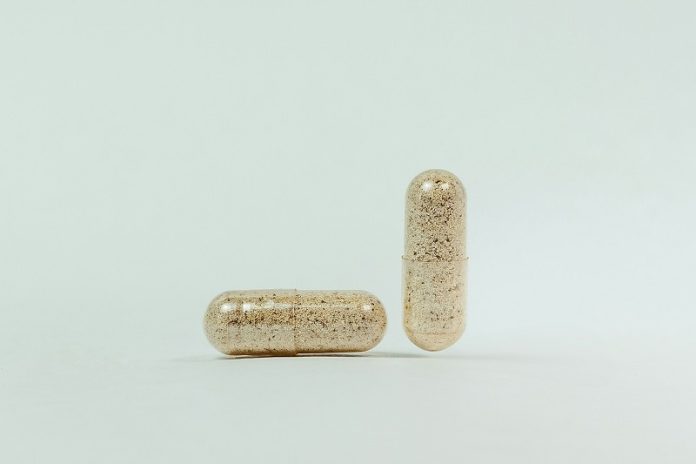
Zinc is a small but mighty mineral that plays a big role in keeping your immune system healthy and strong.
Found naturally in many foods and often included in supplements, zinc helps your body fight off infections and heal from injuries. Research shows that getting enough zinc is essential for staying healthy, especially during cold and flu season.
Your immune system is like your body’s defense team, and zinc helps it do its job.
It supports the growth and function of immune cells, which are your body’s front-line soldiers against viruses, bacteria, and other harmful invaders. Without enough zinc, your immune response can weaken, making it harder to fight off illnesses.
One of the most well-known benefits of zinc is its ability to reduce the severity and duration of colds. Several studies have shown that taking zinc supplements at the first sign of a cold can help you recover faster.
For example, a review published in the Journal of the Royal Society of Medicine found that zinc lozenges reduced the length of colds by an average of 33%.
Researchers believe this happens because zinc prevents viruses from multiplying and makes it harder for them to stick to your throat and nose.
Zinc is also important for wound healing and recovery after illness. When you get a cut or injury, your body relies on zinc to create new cells and repair damaged tissues.
This is why you’ll often find zinc in creams for cuts, burns, or diaper rash. Studies have shown that people with low zinc levels tend to heal more slowly and are more likely to develop infections after surgery or injury.
For children, zinc is especially important. Growing bodies need zinc to support the development of a strong immune system.
Research shows that zinc deficiency in children can lead to a higher risk of infections, including diarrhea and pneumonia, which are leading causes of illness and death in many parts of the world.
Studies in developing countries have found that zinc supplementation can significantly reduce the risk of these infections and improve overall survival rates.
Older adults also benefit from zinc, as aging can weaken the immune system. Research has shown that zinc supplements can improve immune function in older individuals, helping them fight off infections more effectively.
For instance, a study in the journal Age and Ageing found that older adults who took zinc had fewer infections and a better immune response compared to those who didn’t.
Zinc is found in a variety of foods, making it easy to include in your diet. Shellfish like oysters are the richest source of zinc, but you can also find it in red meat, poultry, beans, nuts, whole grains, and dairy products.
For vegetarians, foods like lentils, chickpeas, and pumpkin seeds are good plant-based options. Some breakfast cereals and snack bars are also fortified with zinc.
While zinc is essential, too much of it can be harmful. High doses of zinc from supplements can interfere with the absorption of other important minerals, like copper, and can cause nausea or other side effects.
The recommended daily amount of zinc varies by age and gender, but for most adults, it’s around 8-11 milligrams per day. It’s best to get zinc from food whenever possible and talk to your doctor before taking supplements.
In summary, zinc is a crucial nutrient for a strong immune system and overall health. It helps your body fight infections, heal wounds, and recover from illness.
By eating a balanced diet rich in zinc-containing foods, you can ensure that your immune system stays ready to protect you, no matter what comes your way.
If you care about nutrition, please read studies about why vitamin K is so important for older people, and this snack food may harm your heart rhythm.
For more information about nutrition, please see recent studies about vitamin that may protect you from type 2 diabetes, and results showing this common chemical in food may harm your blood pressure.
Copyright © 2024 Knowridge Science Report. All rights reserved.



